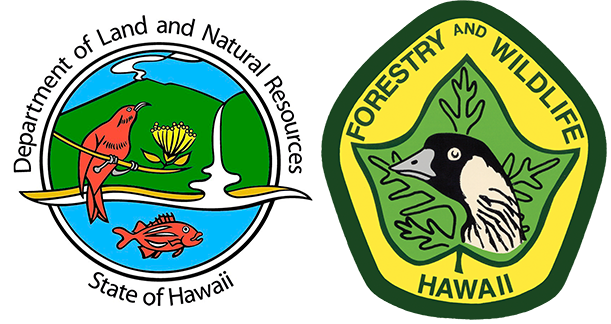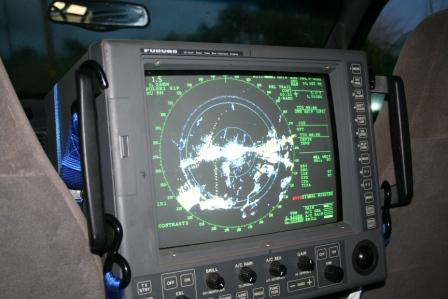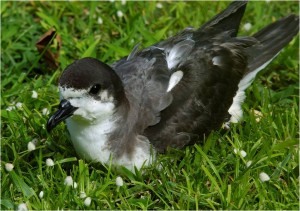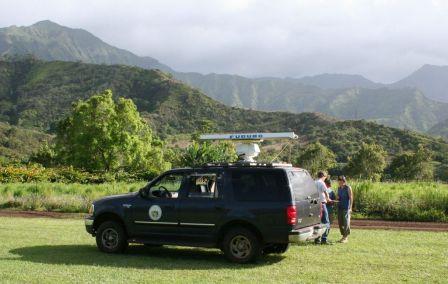High Tech Radar Trucks Begin Annual Seabird Monitoring, ‘A’o and Ua’u Tracked at Night
Posted on May 25, 2015DEPARTMENT OF LAND AND NATURAL RESOURCES
News Release
| DAVID Y. IGE GOVERNOR |
SUZANNE D. CASE
CHAIRPERSON |
For Immediate News Release May 25, 2015
HIGH TECH RADAR TRUCKS BEGIN ANNUAL SEABIRD MONITORING
‘A’o and Ua’u Tracked at Night
LIHU ‘E – Annual seabird radar monitoring work has now begun in conjunction with the start of the breeding season for both both ‘A‘o (Newell’s Shearwaters) and Ua’u (Hawaiian Petrels) on Kaua’i. This is a project of the Kauai Endangered Seabird Recovery Project (KESRP).
Two radar trucks (one white, one red) will be used again at 18 standard sites along Kaumualii and Kuhio Highways and some County roads around the island. The sites were selected based on areas where endangered seabirds are known to move between the sea and montane breeding grounds. The radar surveys are conducted at night because both species are nocturnal (active at night). Radar monitoring is carried out during the first two hours after dark – when birds return from the sea, and two hours before dawn – when seabirds head back out to sea. The radar trucks remain stationary for the entire night and return to home base in the morning.
“Radar is an important tool for tracking seabirds moving at night and is used around the world for this purpose”, explained Dr André Raine, KESRP Project Co-ordinator. “Because these two species of seabirds only fly back to their colonies at night it extremely hard to see and count them. Radar allows us to “see” the birds flying overhead in the darkness as a series of dots passing across the radar screen. By assessing the speed of movement, the direction of travel, and the time that the event is recorded, we can then identify the birds to species.”
Radar has been used to study the movement of nocturnal seabirds on Kaua’i (and other Hawaiian Islands) for many years. The first radar surveys were conducted on the island in 1993 and have continued at the same sites on a near annual basis.
“By surveying the same sites every year, we can see how our endangered seabirds are doing by looking at the change in the number of birds passing by the same sites each year. Because Kaua’i holds 90% of the world’s population of ‘A’o and a significant proportion of the world’s population of Ua’u, understanding how the populations are changing at an island level is critical to their conservation,” continued Dr Raine.
Radar work will continue from now until September, with the peak of activity in June. For more information on this critical component of KESRP’s work, visit the project website at https://kauaiseabirdproject.org/ .
# # #
Media Contact:
Dan Dennison
Senior Communications Manager
Office of the Chair
Hawaii Department of Land & Natural Resources
1151 Punchbowl Street, Room 130
Honolulu, Hawaii 96813
Tel 808-587-0407
Cell 808-295-8749
Fax 808-587-0390
[email protected]



